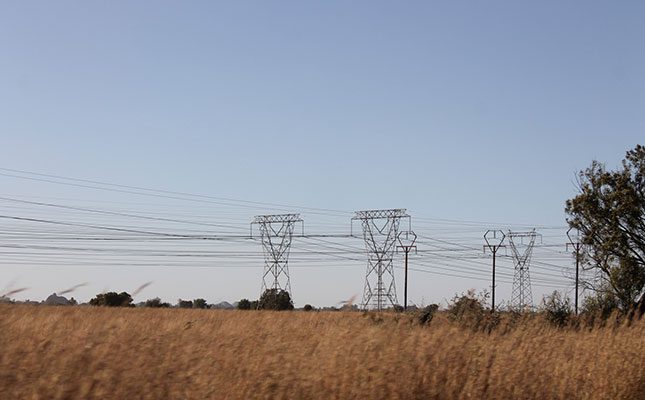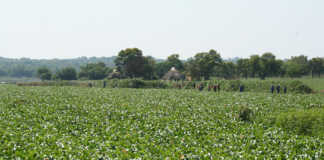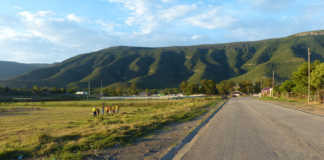
According to a press statement by Eskom, the adjustment was deemed necessary to stabilise Eskom’s operations, which have been plagued by high costs and significant debt.
However, with electricity being a fundamental resource for agricultural operations, this substantial hike in prices has raised concerns and sparked discussions about its potential implications for farmers across the country.
READ How to fight the effects of rolling blackouts and rising energy costs
While many will only see a direct impact when municipalities announce their increases in July, those farmers in outlying areas directly supplied by Eskom will begin to feel the pinch come end of April.
Commenting on the increase, Dawie Maree, head of Information and Marketing
at FNB Agriculture, said the increase would definitely impact agriculture negatively as it immediately increased the cost of food production.
“That will be applicable through the whole value chain from producer to processor and retail. You must also keep in mind that this increase is for direct Eskom customers. Municipal users might face an even bigger increase in July.
Farmers are under pressure due to increases in other input costs, such as labour and fuel. Profitability will therefore become under pressure.
“Additionally, the ripple effects of higher electricity prices extend beyond the farm gate, affecting various segments of the agricultural value chain. Agribusinesses involved in processing, packaging and distribution rely heavily on electricity, and any increase in energy costs is likely to be passed on to farmers, further squeezing their profitability.”
Maree said the second-round effect must also be mentioned.
“That is the impact on inflation and subsequently on interest rates. We can expect that food inflation will take longer to decline, given the adverse weather conditions as well.
READ It’s time for SA to rethink its food security strategies
“I’ve seen comments about food security that might be impacted. I’m not concerned about food security in the sense of availability, but I’m concerned about food affordability due to above-inflation increases in production costs that are negative for both producers and consumers on the two ends of the supply chain.”
Izaak Breitenbach, general manager of the South African Poultry Association’s broiler organisation, said the increase in electricity would deal a double blow to the poultry industry.
“We already have high input costs. With load-shedding we have to pay for diesel, and now we must pay more for electricity that we do not even have most of the time.”
He said this impacted farmers’ ability to produce affordable chicken.
“Furthermore, we are having to invest in alternative energy supply in the form of solar and generators; these are all costs that are taking away from us investing in improvements for producing more affordable chicken. Electricity is indeed the biggest of our costs.”
Bennie van Zyl, general manager of TLU SA, said the tariff increase would be devastating for the farming sector and would inevitably affect its viability.











